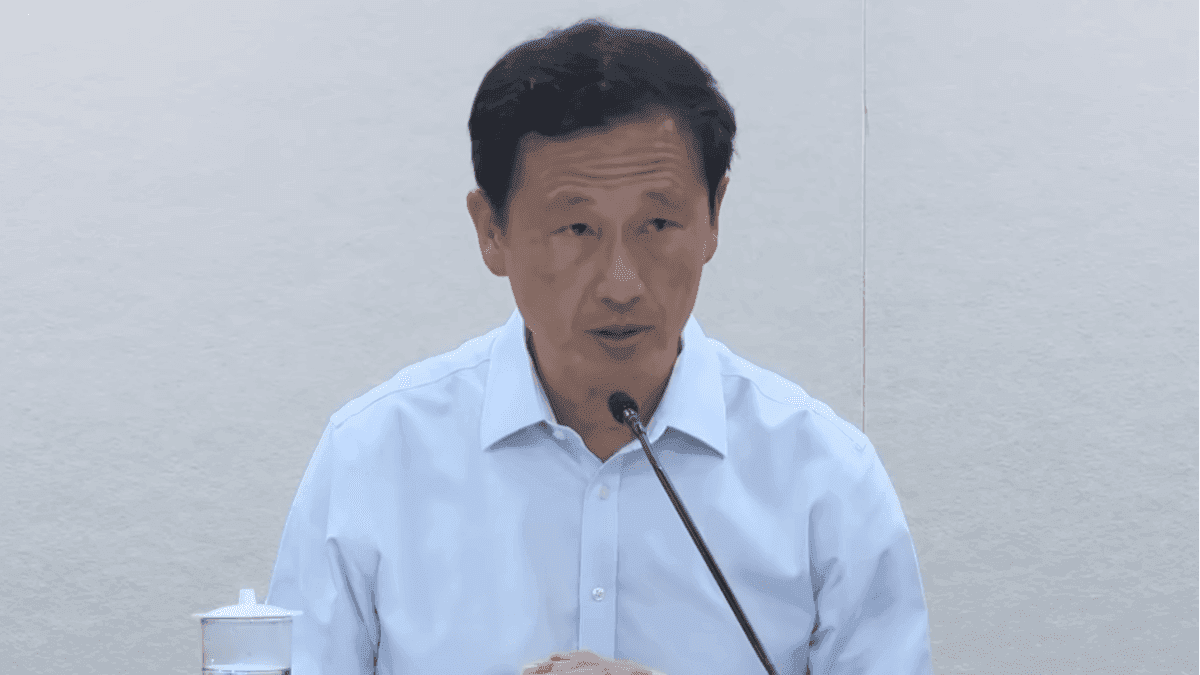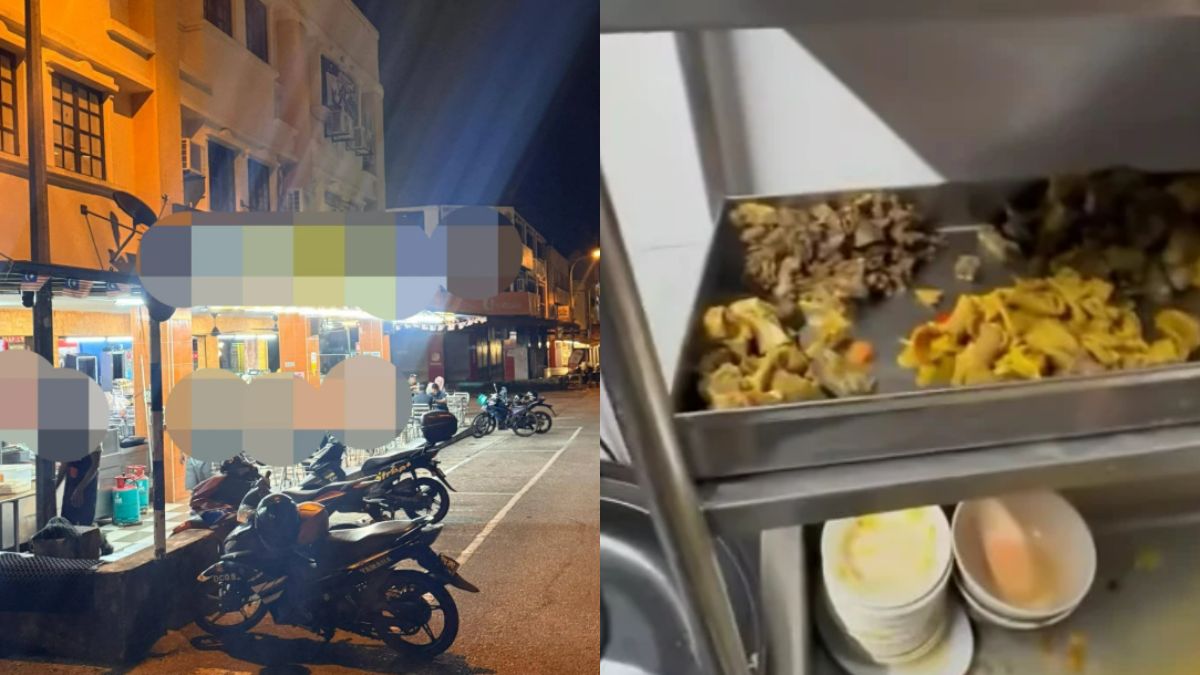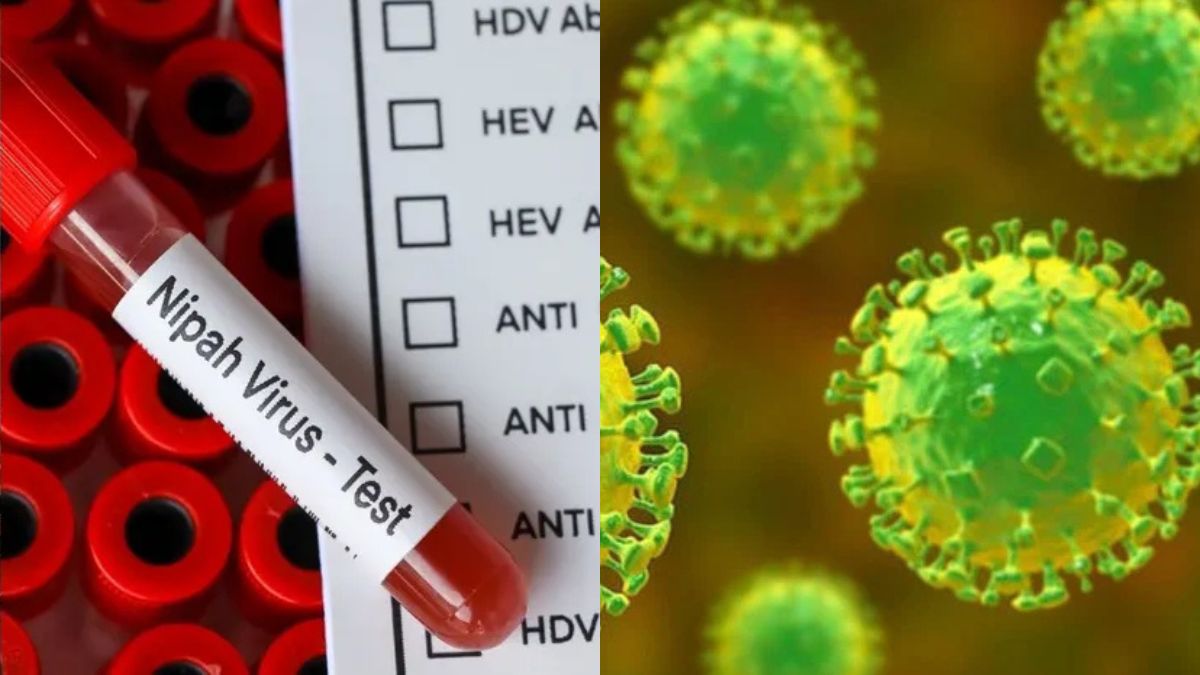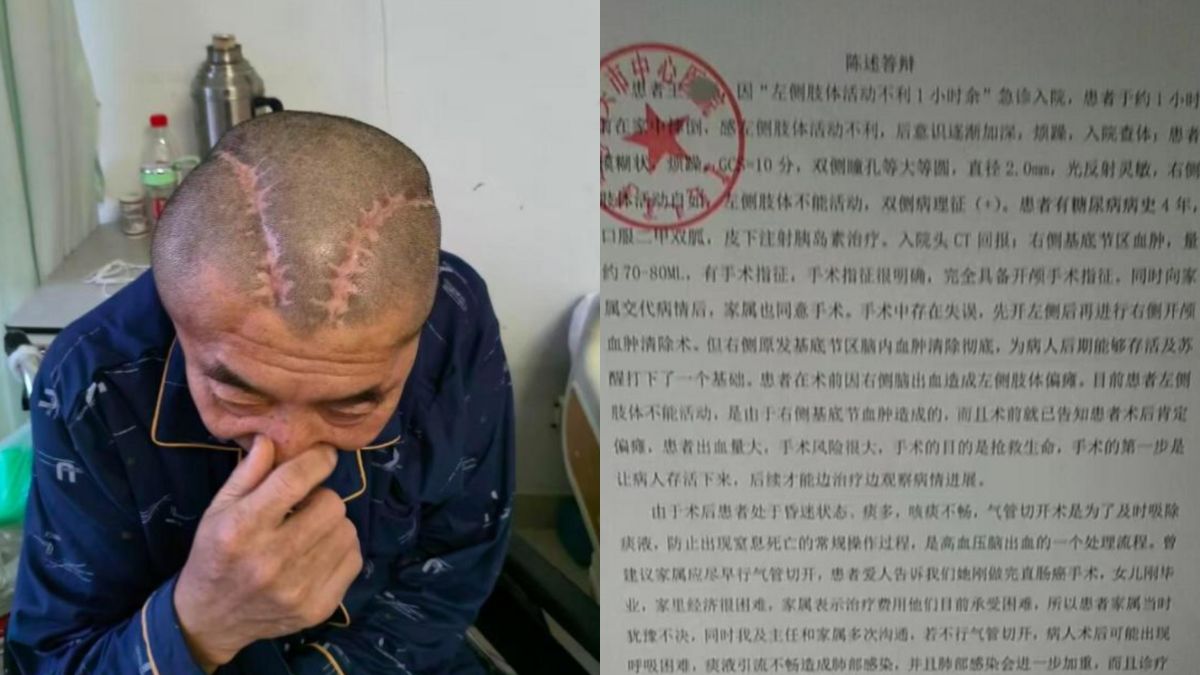Singapore to classify etomidate as Class C drug from 1 Sept with tougher penalties and rehabilitation scheme
Singapore will classify etomidate as a Class C controlled drug from 1 September 2025. The new policy includes harsher penalties for trafficking and a rehabilitation-first model for abusers, forming part of a whole-of-government response to rising substance abuse via vapes.

- Etomidate will be classified as a Class C drug from 1 September 2025, with harsher penalties for trafficking and abuse.
- A whole-of-government enforcement model combines regulation, rehabilitation, and education, especially targeting youth.
- First-time abusers will be offered rehabilitation in lieu of prosecution, with rapid penalty escalation for repeat offences.
Etomidate will be classified as a Class C controlled drug in Singapore from 1 September 2025, with new enforcement measures targeting its alleged misuse through vape devices.
The was made by Health Minister Ong Ye Kung at a press conference on 28 August, as part of what he described as a broader whole-of-government effort to tackle vaping-related substance abuse.
Ong said that vapes are increasingly being used to deliver not just nicotine but more dangerous substances like etomidate—a sedative normally used in medical settings—marking what he characterised as a significant shift in the substance abuse landscape.
Ong: Vapes becoming gateway to drug abuse
According to Ong, traditional distinctions between smoking and substance abuse are now blurred. He claimed that many young people who begin vaping may be unintentionally exposed to illicit substances, often without realising the risks. Ong cited this trend as justification for adapting existing legal and enforcement frameworks.
He referred specifically to etomidate, which he said had been detected in vape pods seized from users. Ong stated that one-third of 100 pods tested in July contained etomidate, although a subsequent round of testing in August found the proportion had dropped to 12%. He attributed this fall to public awareness following the initial announcement on 20 July.
Criminal penalties to rise significantly
Once etomidate is listed under the Misuse of Drugs Act (MDA), new penalties will come into force. Ong said that importers could face up to 20 years’ imprisonment and 15 strokes of the cane. Sellers and traffickers would face up to 10 years’ jail and five strokes of the cane.
These penalties represent a substantial increase from the current regime under the Poisons Act, which carries lower sentencing thresholds. Ong positioned the changes as necessary to deter distribution networks.
Rehabilitation to be offered for first-time abusers
While harsher penalties will apply to traffickers and importers, Ong said the Government would take a different approach for abusers—particularly those who are young. He stated that 80% of known etomidate abusers are under the age of 30.
Under the new model, individuals caught for the first time using etomidate will be required to undergo a three-month rehabilitation programme in lieu of prosecution. This will be administered by the Institute of Mental Health or social service agencies such as the Singapore Anti-Narcotics Association (SANA) and WeCare.
Ong said the programme would involve weekly reporting, counselling and medical assessments. For more severe cases, the programme may be extended to six months. Non-compliance may result in charges under the Poisons Act, while repeat offences would be escalated under the MDA.
He described the rehabilitation programme as a "second chance" intended to steer younger users away from more entrenched drug use.
Use of existing laws until new legislation is enacted
Ong acknowledged that existing laws such as the Tobacco (Control of Advertisements and Sale) Act and the Poisons Act were not originally designed to address the current pattern of vape-related drug abuse. However, he said these laws would be used in the interim to support enforcement until a new legislative framework is ready in early 2026.
MOH is currently developing new laws which Ong said would better reflect the changing nature of substance use in Singapore. He noted that the development of enforcement protocols across multiple agencies had taken place in the weeks following the July announcement.
Vaping penalties to rise more broadly
Beyond etomidate-specific enforcement, general penalties for vaping will also increase. Ong said fines for vape consumption would be raised from S$300 to S$500 for youths, and from S$500 to S$700 for adults.
Recalcitrant offenders may be directed to a one-month rehabilitation programme run by the Health Promotion Board, followed by two months of lower-intensity monitoring. Those who default may face a S$2,000 fine under existing tobacco control laws.
Ong reiterated the Government’s position that vaping is harmful, claiming that a single pod may contain nicotine equivalent to four packs of cigarettes. He said the design of vape devices makes it easier for users—especially youths—to consume nicotine continuously over long periods.
HSA takes on enforcement role
The Health Sciences Authority (HSA), which is responsible for testing vape products for illicit substances, has taken a more active role in enforcement. Ong praised its officers for what he described as “bravery” in carrying out street-level operations.
He acknowledged that HSA was not originally structured to police substance abuse but said its laboratory and regulatory expertise had been repurposed to meet current enforcement needs.
Voluntary quit programme remains available
Individuals who wish to stop vaping or using etomidate can seek help through the QuitVape programme, which is operated by community organisations including WeCare, SANA, Thye Hua Kwan Moral Charities, and Fei Yue Community Services.
Ong said participants in the programme are not required to report their status to authorities and would not receive an offence record. He encouraged those already using vapes or etomidate to come forward voluntarily before enforcement escalates.







